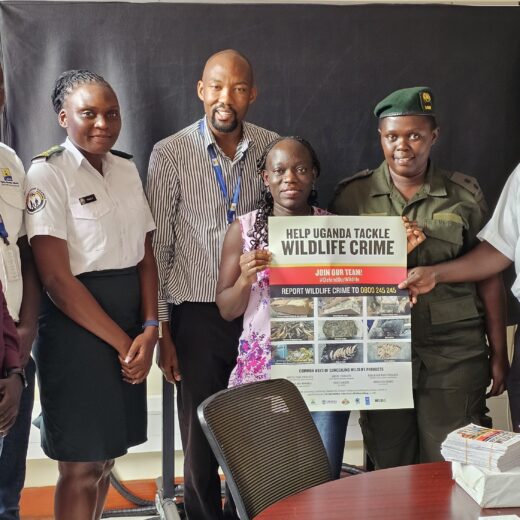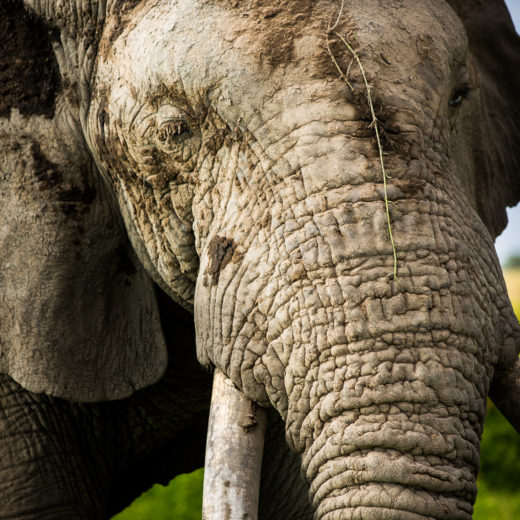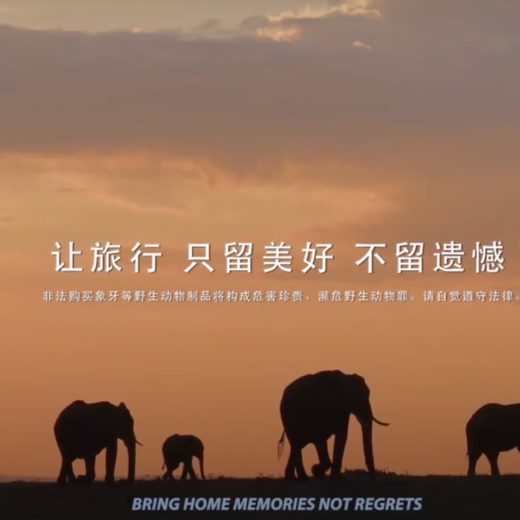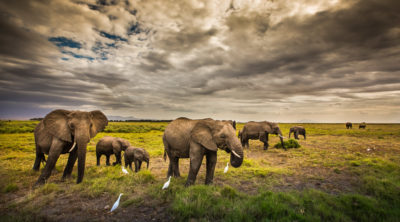
WildAid is extremely troubled by the discovery of 87 poached elephant carcasses as well as recent news reports of poachers targeting white rhinos in Botswana.
The Okavango Delta is well-known for being a safe haven for elephants and rhinos, so much so that South Africa has been airlifting dozens of their white rhinos to the Delta in order to better protect them from poachers in Kruger National Park.
With Botswana’s new anti-poaching policy, whereby rangers have been disarmed, it remains to be seen if this reflects a troubling new trend. There remain a lot of unanswered questions about who was involved, how the ivory was moved and connections to neighboring countries, like Angola where several recent large shipments of ivory and rhino horn involving Vietnamese smuggling rings have been exposed.
WildAid will continue to closely monitor the situation while remaining steadfast in our ongoing efforts to reduce consumer demand for ivory and rhino horn in Asia. Earlier this year, China closed the world’s biggest ivory market. However, Japan, which covets ivory for ‘hankos,’ or stamps, has so far not yet joined the global community in ending the destructive ivory trade.
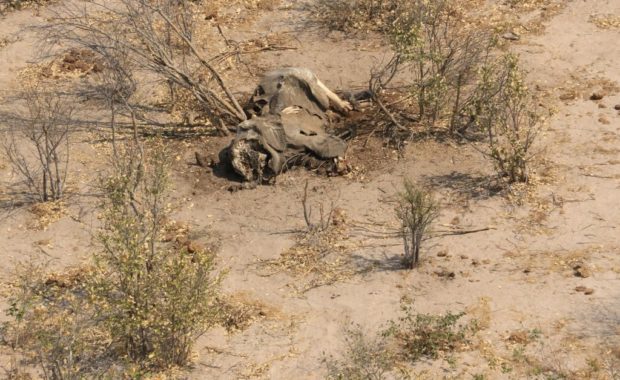

BACKGROUND
On September 3, 2018, Elephants Without Borders and Botswana’s Department of Wildlife and National Parks (DWNP) announced they discovered almost 90 elephant carcasses near the Okavango Delta, a popular tourist destination and wildlife sanctuary. Many of the elephants were killed for their tusks just weeks ago while five white rhinos were reportedly poached in the past three months.
The timing of the poaching coincides with the disarming of Botswana’s anti-poaching unit (APU) in May as well as the withdrawal of military weapons and equipment from the DWNP.
Botswana is home to an estimated 130,000 elephants – the largest population in Africa. In neighboring Angola, heavy poaching and loss of habitat due to human settlements have resulted in a declining local population, according to a March 2018 paper in PLOS ONE.
Stay in touch and get the latest WildAid updates.
SIGN UP
